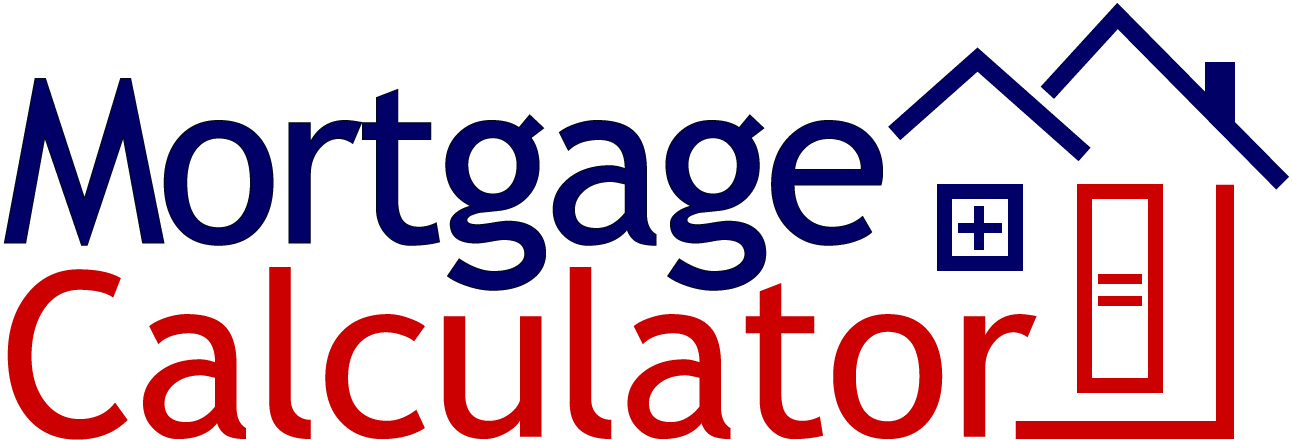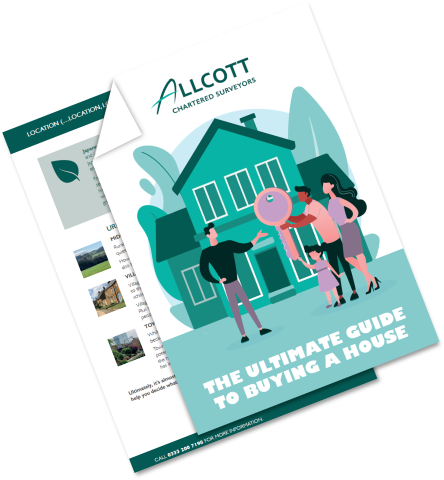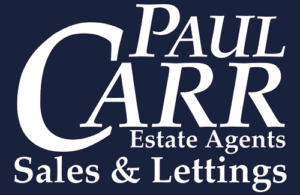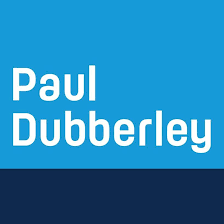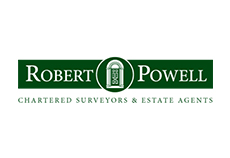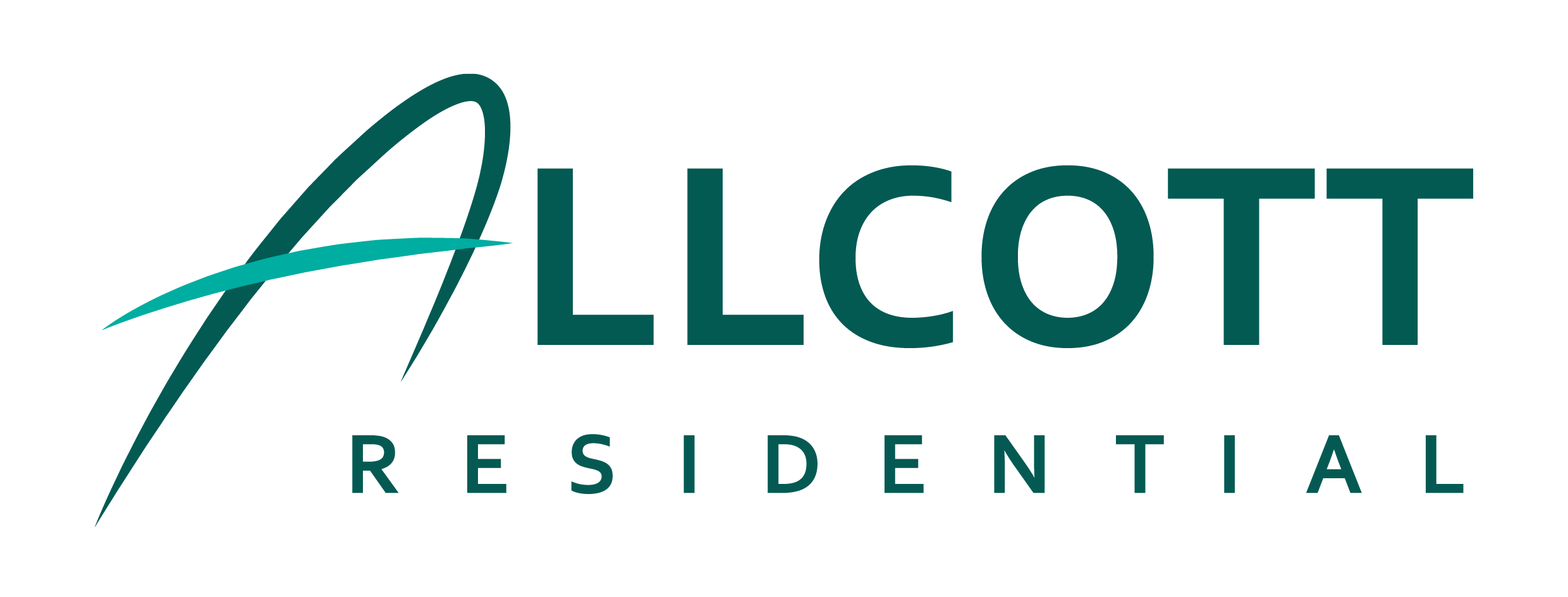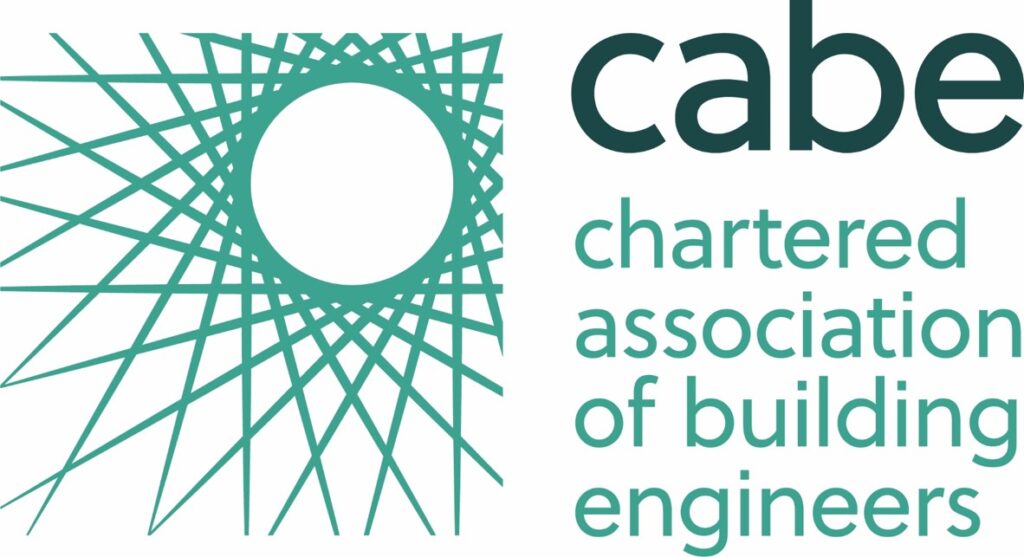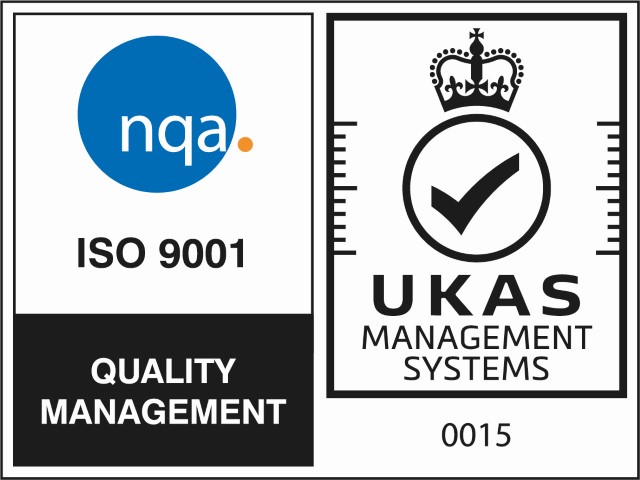A house or flat is one of the biggest purchases you are ever likely to make. Figuring out what deposit you can afford, and how much you can pay each month towards a mortgage, are critical first steps to getting on the property ladder (unless you are lucky enough to be able to buy a house outright).
Getting your budget sorted means you can get on with the exciting process of looking for a property, but first, you need to have a critical look at your finances, the cost of property and the other fees that you will be liable for when buying a home. But don’t worry, we are here to walk you through it all, step by step.
House Deposits
Unless you are lucky enough to be able to buy a house outright, you will need to save up a deposit.
Deposits usually make up at least 5% of the cost of a house; however, if you can afford to build up a bigger deposit, you will have more, and better, options when it comes to getting a mortgage.
If you are a first-time buyer, your deposit will be made up of your savings, perhaps with some help from the bank of Mum and Dad.
If you are selling, your deposit might include some savings, but the bulk of it will probably come from equity from your current home.
In this case, it’s important to understand how much you have already paid off your mortgage, and how much your house is realistically going to sell for.
Your lender will be able to let you know how much of your mortgage has already been cleared. It is also worth finding out if you have the option to port your mortgage (that is, move it to your new property) – this will mean you avoid early repayment fees, exit fees and arrangement fees for a new mortgage. All of this information can be used to help you work out your deposit.
***TIP*** The housing market is constantly fluctuating, and how much your house sells for will depend on a wide range of factors. However, tools like this one from Zoopla will give you a ballpark idea of a likely sale price.
Monthly Payments
Once you have an idea of the size of your deposit, you will need to decide how much you can afford to pay into a mortgage each month.
Most lenders offer 4–4.5 times salary for single mortgage applicants, or 3.5–4 times joint salary for joint applicants. However, that doesn’t necessarily mean you can, or would want to, borrow and pay back that amount. This is where budgeting comes in.
If you are currently mortgaging or renting, take a look at how much money you have left over at the end of the month and whether some or all of that could go into mortgage payments. Conversely, you might be looking for a more affordable property to free up some of your monthly budget. Either way, sit down with your bank statements and be honest with yourself about what you are and are not willing to pay.
At this stage, you can play around with mortgage calculators. These will show you how much you will be paying back each month at a particular interest rate and length of mortgage term.
Powered by Mortgage Calculator UK widget
For now, you can use average values to get a ballpark idea of how much you could borrow for the deposit and monthly payments you’re able to commit to. Later down the line, once you are looking at real mortgage offers, these calculators are invaluable for getting accurate numbers for budgets, payments and length of borrowing terms.
At the time of writing the average deposit is 15% of a property’s value. For a £240,000 home, this would be £36,000. This equates to a mortgage of £204,000.
With the average 5-year fixed deal at around 4.7% interest, over a term of 30 years, monthly repayments would be around £1058.
***TIP*** Once you are ready to start viewing houses, you will probably want to get a mortgage ‘agreement in principle’ – find out more in our guide to getting a mortgage
More Costs to Budget For!
Several other bills will come your way when buying a house.
One of the biggest is stamp duty. Stamp duty (or Stamp Duty Land Tax [SDLT], to give it its full name) is a tax payable to the government on any homes that are bought for more than £250,000, or more than £425,000 if you’re a first-time buyer and buying a house worth £625,000 or less.
The amount you pay is a percentage of the property value. Nobody pays stamp duty on the first £250,000 of the property value. For properties worth more than £250,000, different rates of tax are applied to different price bands.
Stamp Duty in England: Standard
Up to £250,000
£250,001 to £925,000
£925,001 to £1.5 million
Over £1.5 million
0%
5%
10%
12%
Stamp Duty in England: First-Time Buyers*
Up to £425,000
£425,001 to £625,000
N/A
N/A
0%
5%
N/A
N/A
*First-time buyer stamp duty exemption only applies to properties worth up to £625,000. If the property is worth more than this, normal stamp duty rates apply.
Stamp duty calculators can be a big help when working out how much you will owe.
There are loads online: check out this one from Money Saving Expert.
***DON’T FORGET*** It’s easy to accidentally leave stamp duty out of your budget calculations, but the amounts can soon add up.
If you are buying a house for £550,000, you will pay 5% tax on the portion above £250,000 (£300,000), which equates to £15,000.
You will also need to set money aside for other costs. If you are buying using a mortgage, you will need to appoint a solicitor to do the conveyancing on the property. This can cost anywhere in the region of £1500–£2500 for an average house. Sellers will need to stump up £1000–£2000 for conveyancing for the selling process.
Sellers do get a bit of a raw deal here – they’re also likely to need to pay estate agent fees, which are typically between 1% and 4% of the sale price.
You are also likely to want a level 2 or level 3 survey of the property you are buying. Prices start at around £450 but can be significantly higher for older and higher-value properties. Check out our instant quote page to get an idea of how much a survey will cost.
A survey will also help you budget for any repairs that you will need to make before or shortly after moving in. Don’t despair though – survey reports can often be used to negotiate the sale price and can end up saving buyers many times the cost of the survey.
Other costs include buildings and contents insurance, and potentially services charges and ground rent if you are buying a leasehold property.
What if I Can’t Afford It?
If you are struggling to raise the money to buy a home, don’t be disheartened. It is incredibly hard to get on the housing ladder, with first-time buyers typically saving for 8 years to build up enough for a deposit.
***8 years is the average time people save for a deposit – that means, for around half of people, it takes longer…sometimes, substantially longer***.
As well as considering different locations and house types that may be more affordable, there are some government schemes that can give you a helping hand.
The Help to Buy scheme has come to an end, but there are other shared ownership schemes available through housing associations, local councils and similar organisations. First-time buyers may also be able to benefit from the government’s First Homes scheme, which provides discounts for local buyers and key workers. Alternatively, the Rent to Buy scheme offered by housing associations involves tenants paying an intermediate rate or rent on a property, allowing them to save for a deposit, with the chance to buy the home at the end of the agreement period.

